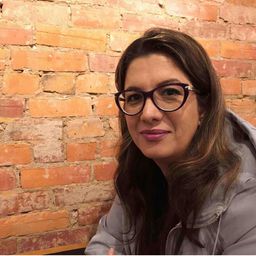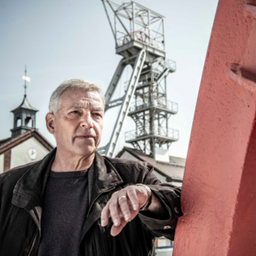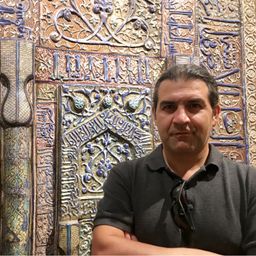Changing landscape of industrial heritage education - Innovative and creative pedagogical approaches in industrial heritage learning
Mon statut pour la session
This roundtable will examine innovative and creative pedagogical approaches and partnerships that have created opportunities for experiential learning and community engagement, while enabling successful delivery of programs and courses in industrial heritage. In recent years and with the ongoing situation with the COVID-19 pandemic, undoubtedly online and distance teaching and learning are a top priority. The discussions will offer an analytical dialogue on digital learning strategies and approaches in the field from the leading industrial heritage educators at universities in North America, Europe, and Asia.
Furthermore, industrial heritage programming is impacted by the loss of faculty positions, programs, and/or courses due to financial cuts and the reorganization of university structures towards economical disciplines. Despite the fact that more historic industrial sites are listed as heritage places, discovered for tourism, or on the other hand, are threatened by demolition and conversion, the number of jobs for industrial heritage experts, and with this the job opportunities for our students, are not growing but rather decreasing at an accelerated pace.
The session supports the theme of the congress by addressing the critical role that education and training play in training the next generation of heritage professionals. It will be of interest to all, but in particular to teachers, learners, educational program designers and emerging professionals.
The roundtable will benefit from the vast expertise and experience of leaders in the field of Industrial heritage education. Starting with opening remarks by each participant to introduce briefly their programs and their involvement in developing educational programs, each presenter will then respond to a specific question, while others will also have the opportunity to react briefly to the same question. Participants will be encouraged to reflect on their recent experiences and discuss the challenges and opportunities in education pre-, during, and post-pandemic. Other attendees will have the chance to ask questions and/or comment on the earlier discussion points.
Possible questions for the roundtable are:
- Are we preparing our students for this interdisciplinary field?
- How teaching industrial heritage is different from other heritage sites/types? How similar they are?
- What is special about industrial heritage sites that prime them to be a catalyst for heritage education?
- What issues and possibilities does industrial heritage education raise?
- How does industrial heritage education contribute to (or is reconciled by) perspectives on the environment and sustainable development principles?
- What are the challenges and opportunities of teaching industrial heritage online?
- What special techniques are needed to be developed for distance learning?
- How do we balance industrial heritage education between heritage needs and economic pressures?
- How much of the extraordinary approaches put in place to deal with the pandemic is destined to become ordinary and therefore to remain permanently?
- How could we ensure quality and equitable education and learning during a disrupted academic year?
- What types of collaborations and partnerships do you envisage in the future to continue online with your programs/teachings?
- What is your favourite creative and innovative approach/solution to engage with your students/learners during the pandemic? Why has it been successful?






Discussion